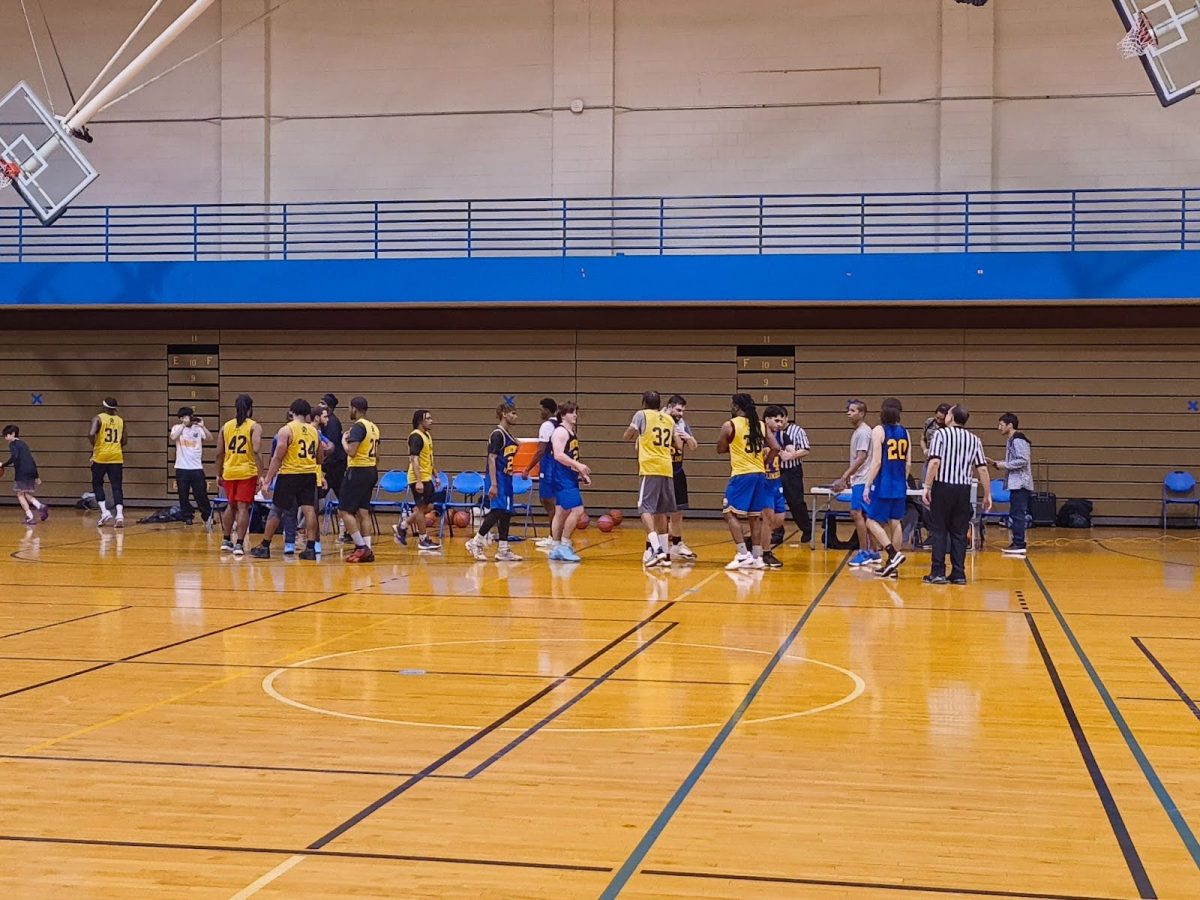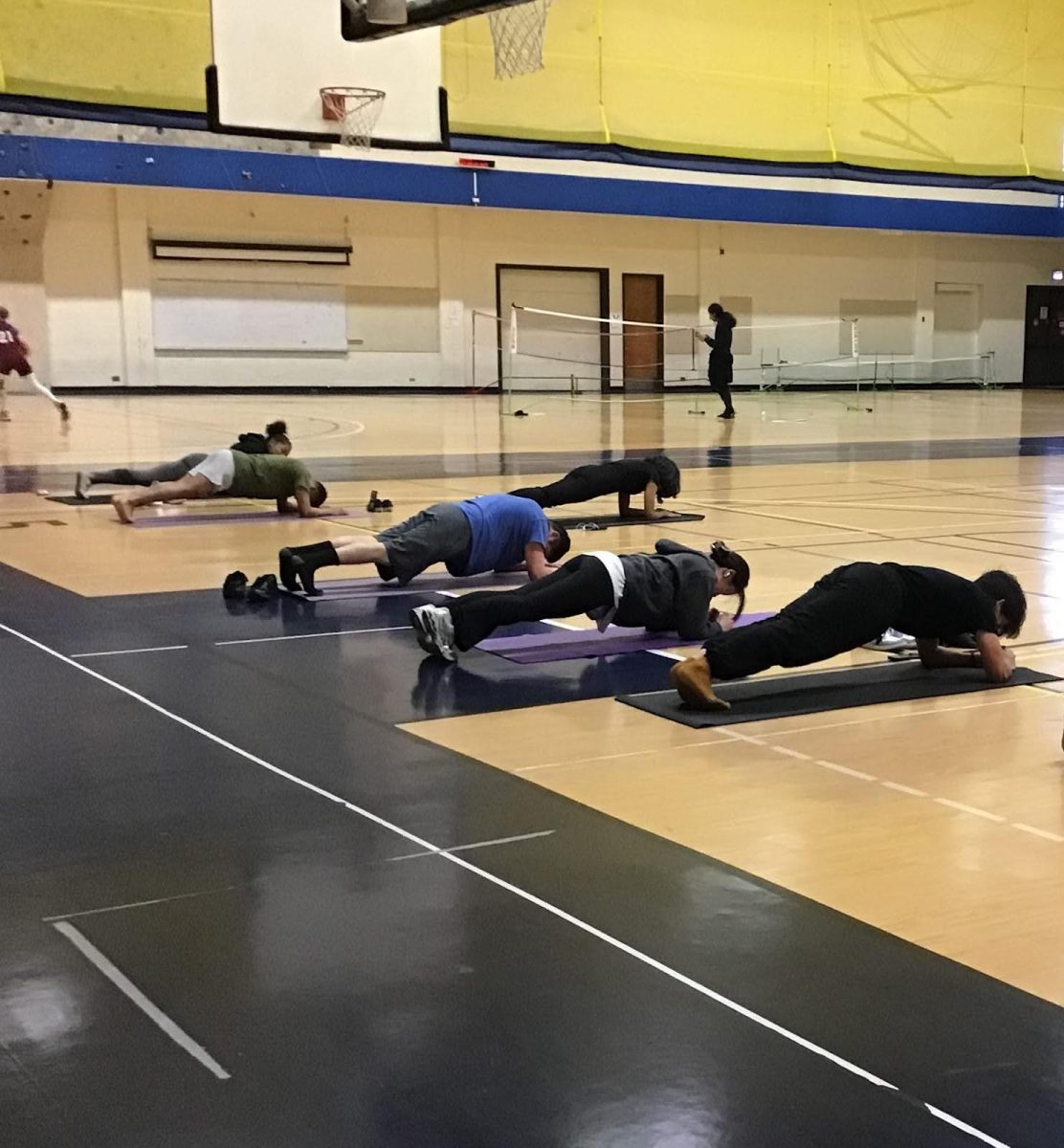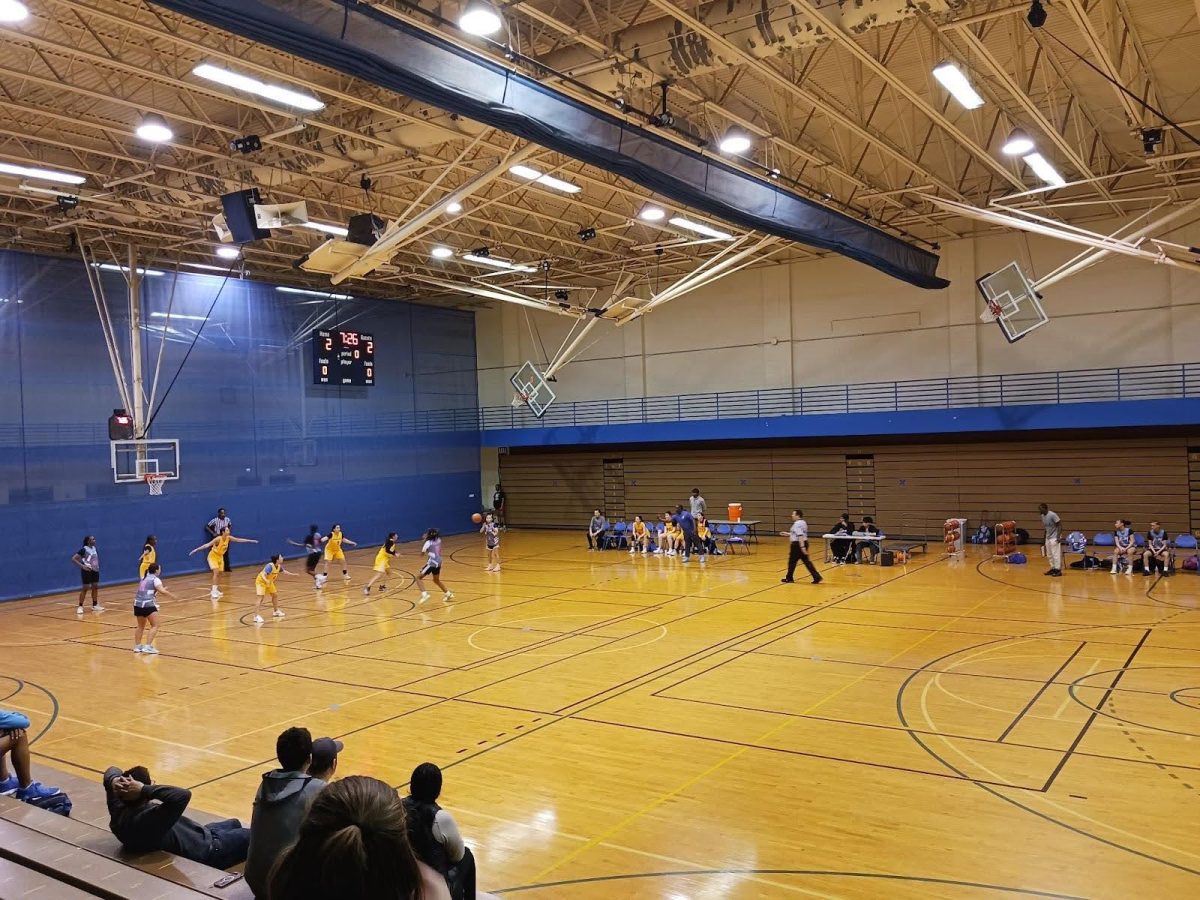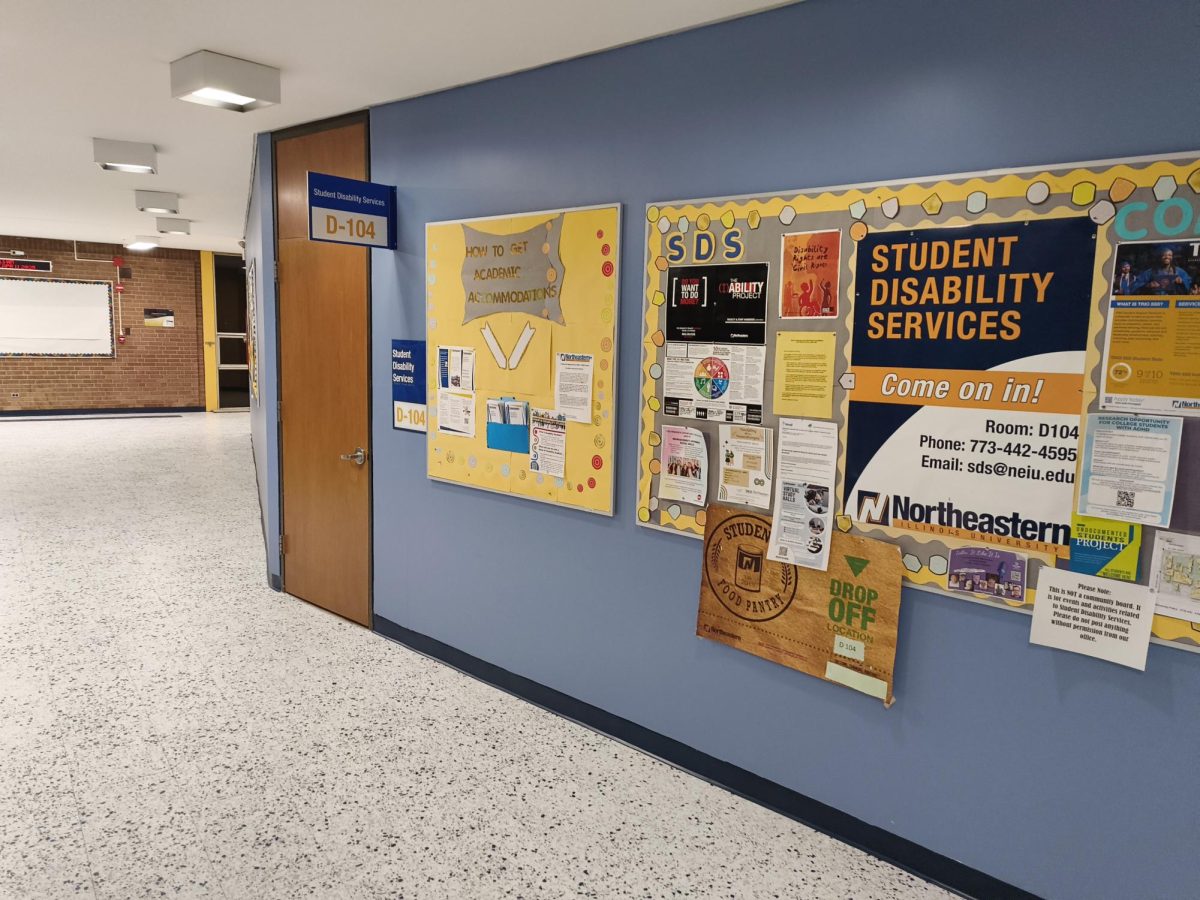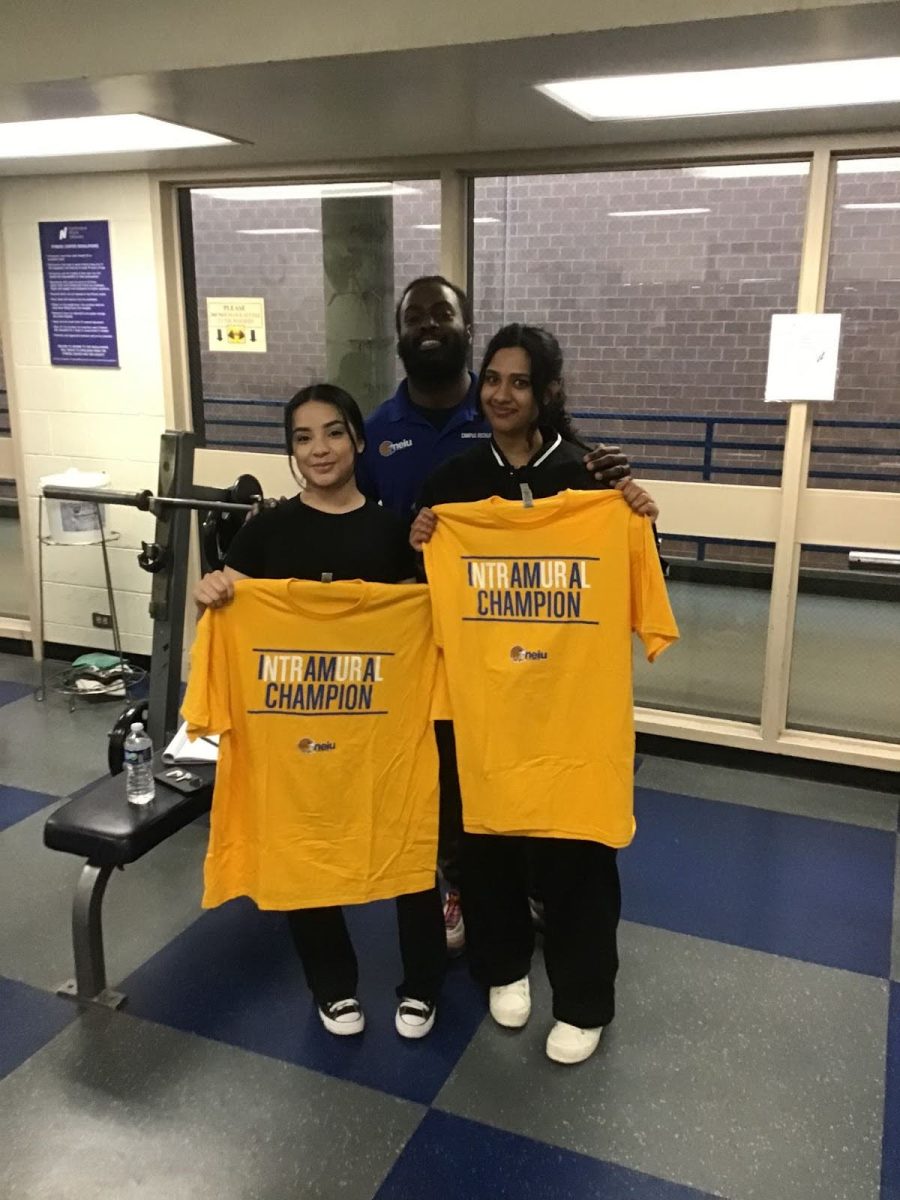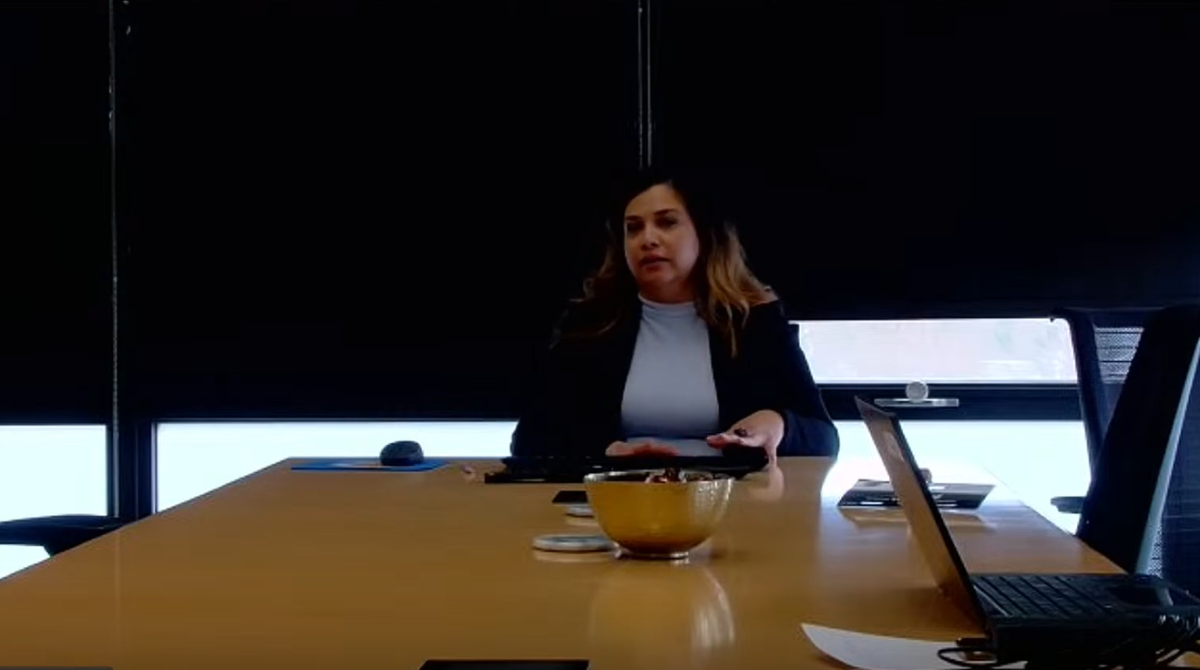NEIU’s Institutional Review Board (IRB) committee hosted a consultation workshop on Thursday, June 13, 2024 for the NEIU community to inquire about seeking approval before doing research on human subjects and the ethical conduct that ensues. It was held in person in Room 022 of the Ronald Williams Library and via Zoom. A “gray area” lies where original data gets published in non-scholarly media, and the workshop clarified this “gray area.”
The two-hour workshop was designed to help individuals with any assistance or doubts regarding IRB protocols. Alicia Perez, IRB Representative and Program Coordinator, emphasized that upon submitting a proposal of conducting research on human subjects, researchers must formalize the purpose of the study, survey distribution and assurance of anonymity for participants beforehand in order to achieve IRB approval.
The example used during the workshop included a student researcher and Student Health Ambassador requesting IRB approval before conducting a survey aimed at improving the needs of Student Health Services (SHS) on campus. The data used in this survey will be for SHS’s internal affairs and for publishing in the NEIU Independent.
According to Perez, the example fell within a “gray area” because there may not be a need to seek IRB approval. In addition, the “gray area” status exists because the research is not for academic publication, scientific journal publication, conference presentation or convention presentation, but its dissemination in a non-scholarly published medium still necessitates careful consideration. Furthermore, the data would be intended for both print and online consumption while also representing NEIU.
The primary goal of the survey would be to collect valuable data to enhance SHS and set future goals while sharing the anonymous data publicly. While the survey is not intended for scientific journal publication or conference presentation, publication in the NEIU Independent raised questions about the necessity of IRB approval.
Ensuring the survey’s anonymity is of utmost importance when working with data from willing participants in both scientific and non-scientific contexts. The plan for the survey is for it to be conducted through Nmail’s Google Forms or Qualtrics. If all goes according to plan, QR codes for the survey will be available on the two contraceptive vending machines on the main campus and at SHS tabling events throughout September and October. To encourage participation, there is a plan to offer a small prize raffle on behalf of SHS during tabling events.
To clarify the need for IRB approval, Perez consulted with Dr. Shedeh Tavakoli, the IRB Chairperson, who was slated to be at the IRB consultation workshop but was running late.
After the consultation workshop, Dr. Tavakoli and Perez said, “[The SHS project] appears to be a needs assessment and evaluation of Student Health Services; so because this is a program evaluation, it does not need to go through the IRB.” Dr. Tavakoli’s input was crucial in determining whether the survey falls under the purview of IRB oversight since its intended publication will be in the NEIU Independent.
This IRB consultation exemplified the meticulous processes involved in student research and the IRB’s commitment to ethical standards and the reassurance that all data collection respects participant anonymity and university guidelines.



